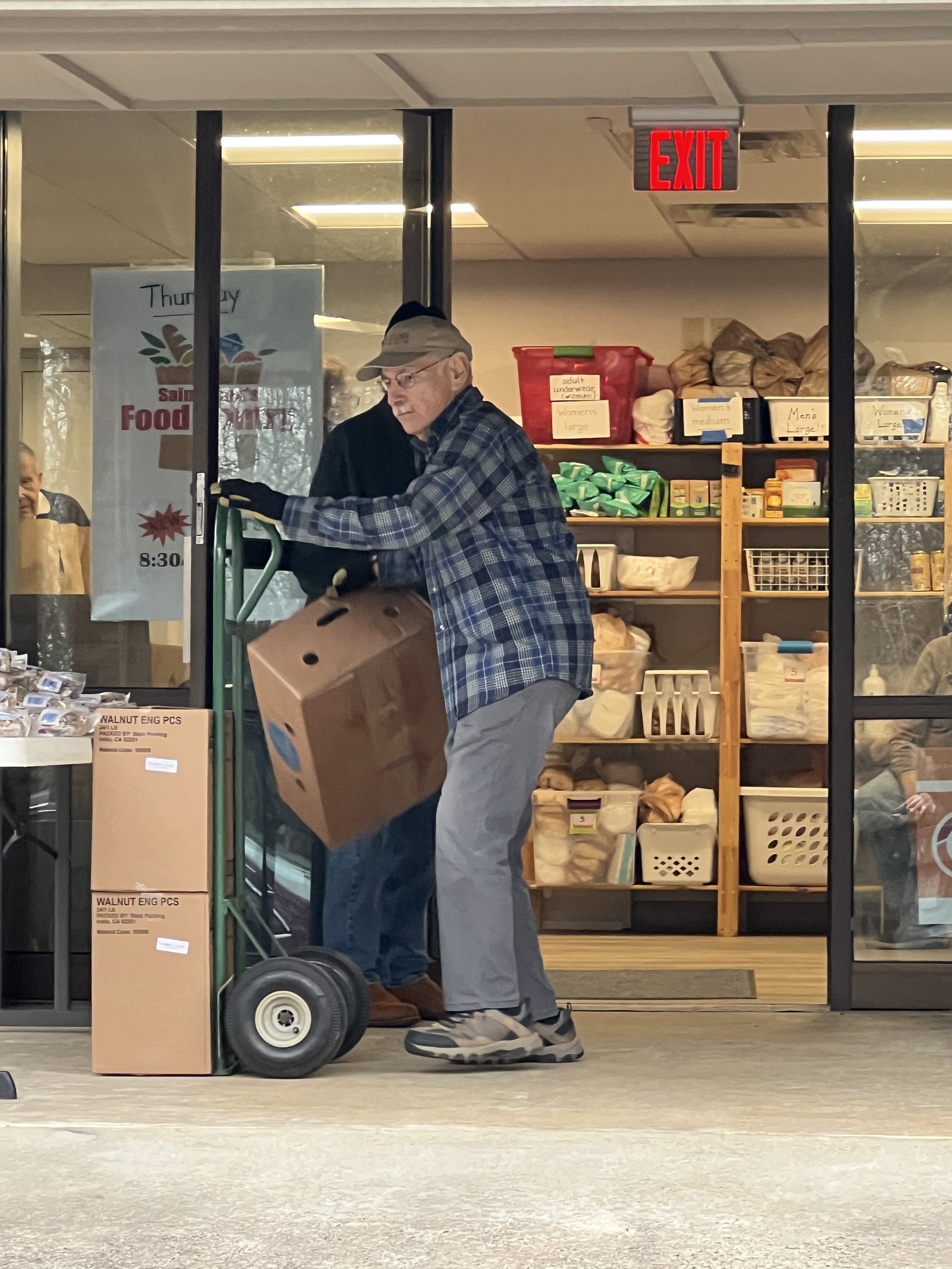Keller, Tillich, Lamott: Faith, Doubts
“Observers in the full enjoyment of their bodily senses pity me, but it is because they do not see the golden chamber in my life where I dwell delighted; for, dark as my path may seem to them, I carry a magic light in my heart. Faith, the spiritual strong searchlight, illumines the way, and although sinister doubts lurk in the shadow, I walk unafraid towards the Enchanted Wood where the foliage is always green, where joy abides, where nightingales nest and sing, and where life and death are one in the Presence of the Lord.”—Helen Keller in Midstream: My Later Life.
How beautifully Helen Keller describes faith. Someone who is blind describes faith as light, a light in her heart. I share my image of light in my heart. It is watching my grandchildren celebrate each other’s birthdays! It is joy and all the other fruit of the spirit in Galatians 5:22-23. Love, peace, kindness, goodness, forbearance, faithfulness, gentleness, and self-control.
Helen Keller also does not negate doubt. The words of Paul Tillich, which Anne Lamott has popularized, ring in my ears, “The opposite of faith is not doubt but certainty.” Faith implies believing in something or being in a relationship with something that is a mystery not defined by our human understanding.
Our rational minds can just take us so far in understanding faith.
When a person has difficulty with mystery, doubts move in. However, our doubts can be stepping stones to deeper faith as we read, share our doubts with others, and learn and experience the mystery together.
Certainty means we have become God. We know all the answers. Doubt enlarges our view of God. As we work through our doubts, our God becomes larger. Certainty narrows it to only the little piece of God we have realized. Our God has become and stays too small.
I often speak with spiritual friends about doubt and reassure them that this is not unnatural or unhealthy. I tell friends, “Let’s talk about the doubts. Doubts can always be a pathway to deeper faith. Then, if, in the process, you come to a place of unbelief, let me carry your faith until you are ready to take it back. I am counting on you to do the same for me when I am overcome with doubt.”








